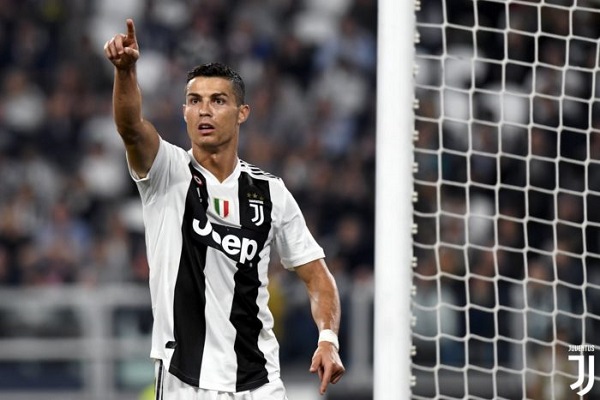Spanish teams have generally reigned over English sides in European competition and now La Liga wants to harness that success to challenge the Premier League’s supremacy in the lucrative China market.
European football leagues are vying for popularity in China, the world’s second biggest economy and home to a growing number of football fans among its 1.4-billion population.
There are no reliable overarching figures, but the English Premier League is undoubtedly the market leader, with La Liga, Germany’s Bundesliga and Italy’s Serie A in its wake.
However, Spain — home to Lionel Messi at Barcelona and Champions League holders Real Madrid — is chasing down the Premier League, said La Liga Greater China Managing Director Sergi Torrents.
“La Liga is catching up very fast and is in second position over the other leagues here, especially because of the victories that the Spanish teams had in the last years in Europe,” Torrents told AFP in Shanghai.

“Chinese fans — like everywhere in the world — are following the winners, and La Liga teams have been winning.”
Sports marketing experts agree that — thanks mostly to Barcelona and Real — La Liga is comfortably second to the Premier League in China, albeit a distant way off.
Torrents declined to estimate the number of Spanish football fans in China, but on the Twitter-like Weibo platform, La Liga has about 1.6 million followers.
The Premier League’s account has 3.6 million followers while the Chinese Super League — the country’s domestic competition — has five million.
Torrents says that surveys and analysis of social media show that La Liga is particularly strong in the 16-30 age bracket.
He admits it is likely that La Liga lost followers to Serie A after Cristiano Ronaldo’s 110-million-euro transfer from Real to Juventus in July.
But it would have been far more damaging just a few years ago, he said.
“La Liga has created a brand and in five or six years this competition has grown a lot,” he said.
– Game in China? –
La Liga was the first European football league to open an office in mainland China, in Beijing in 2014, said Torrents.
It added Shanghai in 2016, now the headquarters, and the Spanish league is pursuing “hardcore” followers.
Torrents does not expect Chinese fans to dump their Chinese teams, but La Liga wants to be first choice for those supporters backing European sides.
One way it does that is through social media, to go with the staple of matches — 12 regional stations in China show two free-to-air games a weekend. There is also live-streaming of matches.
La Liga does not divulge audience figures or how much it earns from media rights in China, but will get 897 million euros ($1.02 billion) per season from overseas markets from 2019 to 2022 for rights.

Pre-season tours are another way to bring fans closer to their heroes, with Barcelona scheduled to visit China next summer.
China, along with the United States, is La Liga’s biggest overseas market, said Torrents.
The league sparked controversy earlier this year with its plan to stage a game between Girona and Barcelona in Miami in January 2019 — a move that some argued would risk disturbing the balance and integrity of the competition and hurting football in the US.
So will China one day stage a competitive game?
“Not soon. This is something that is part of our plan in the US. In China we do not have this plan today,” said Torrents.
– ‘Complicated market’ –
La Liga is not just about taking from China’s increasingly wealthy consumers, said Torrents.
For example, about 200 Spanish coaches have fanned out across China to teach football at government schools.
Other European leagues and teams are similarly lending their expertise as part of President Xi Jinping’s push to develop football in the country, and many are opening or helping to run youth academies.
The Chinese market has almost unlimited potential, but can also be “complicated” because of how fast it changes, said Torrents.
In domestic football, for example, new rules handed down at the behest of the government are often swift and severe, such as a 100 percent tax imposed last year on the incoming transfers of foreign players.
“Everything here can change in one minute,” said Torrents.
“In this country, the government is very important and the policies of the government direct the business in the related industry.”
[AFP]



